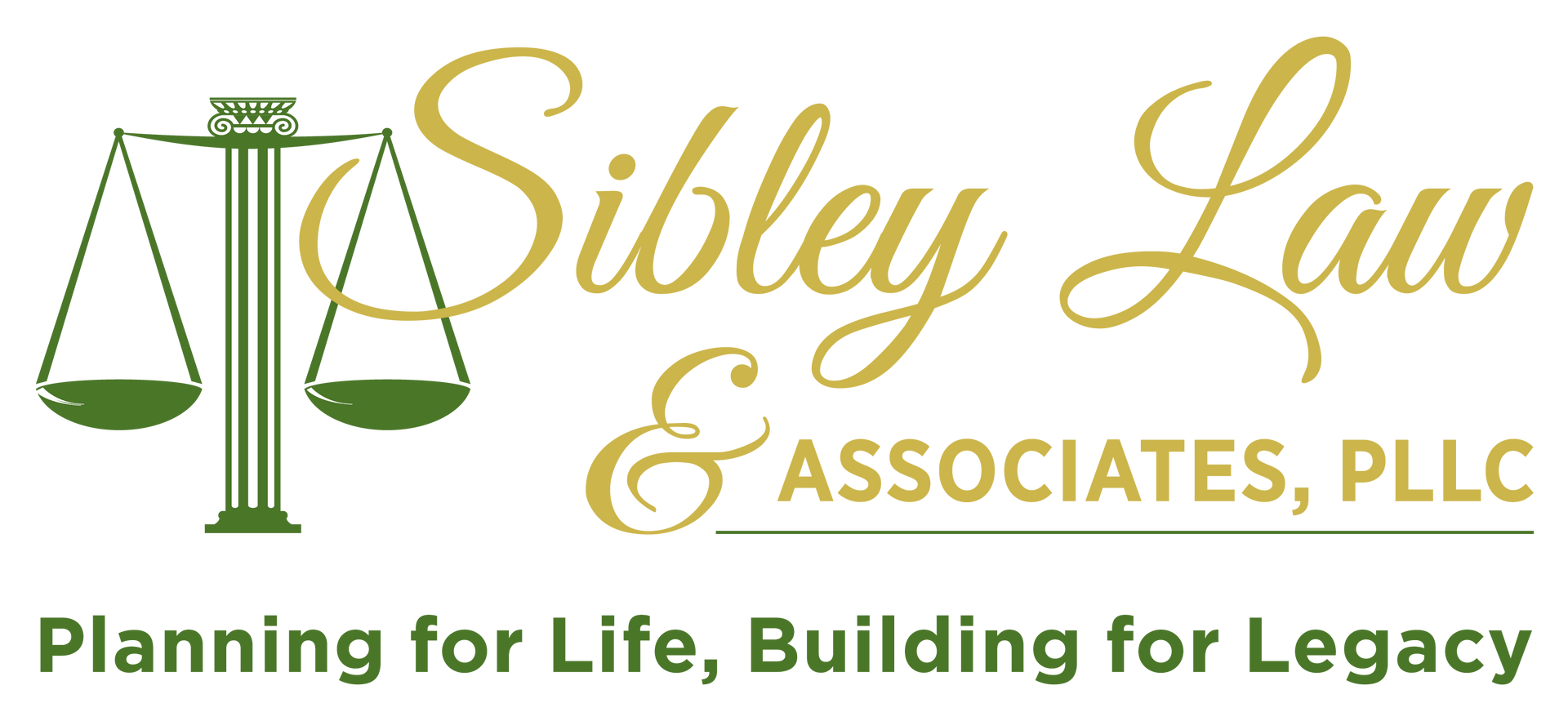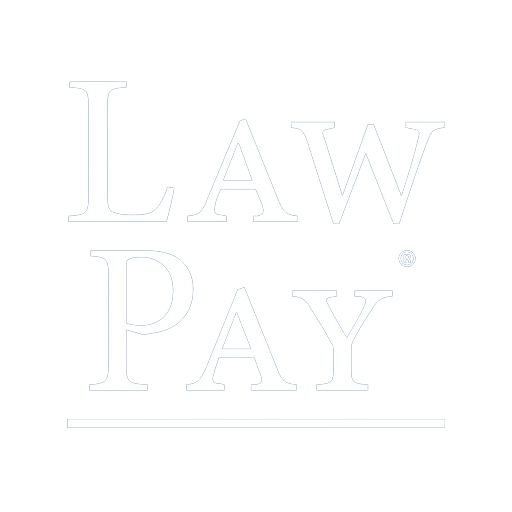Your Local Probate Attorney in Brevard County and The Central Florida area
Probate helps to guarantee that the wishes of the deceased, as specified in their will, are honored, and that their estate is distributed correctly
Your Experienced Probate Attorney Serving Brevard County
Probate is a legal process that occurs after someone passes away. It involves the distribution of their assets and settling of debts under the supervision of the court. The primary goal is to ensure that the deceased person's wishes, as outlined in their will, are followed, and their estate is distributed appropriately.

LEVELS OF PROBATE
Summary Administration:
Reserved for smaller estates with assets less than $75,000 or if the deceased passed away over two years ago. It's a quicker, less complex process, and it doesn't require the appointment of a personal representative.
Formal Administration:
This is the standard probate process for larger estates. The court appoints a personal representative to administer the estate, and the process is more involved, including creditor notifications and hearings. Applies when there is no valid will or the will doesn't name a personal representative.
Planning ahead can simplify the probate process and ensure your assets are distributed according to your wishes. Certain assets, like joint accounts, trusts, and life insurance policies with named beneficiaries, can pass outside of probate. Understanding these methods can streamline the process for your loved ones.
If you're named as an executor/personal representative in a will, understand your responsibilities, including managing assets, paying debts, and distributing inheritances. Executors can seek legal advice to navigate their role effectively. Or if you aren’t sure what will be best for you, schedule a 15-minute Discovery call during which we can begin with quick guidance and direction on your next steps.
Probate is a public process since it is overseen by the courts. Life events such as marriage, divorce, or the birth of children can impact your estate plans. Regularly review and update your documents accordingly.
Uncontested Probate:
In an uncontested probate, all parties involved, including heirs, beneficiaries, and other interested parties, generally agree on the distribution of the deceased person's assets and the validity of the will. This streamlined process often involves minimal court intervention, and proceedings move forward smoothly. Uncontested probate is typically quicker and less costly, as there is no need for extensive legal battles or disputes.
Contested Probate:
Contested probate arises when disputes or disagreements emerge among the parties involved. This can include challenges to the validity of the will, conflicts over asset distribution, or disagreements about the appointed executor. In contested probate, legal proceedings may become more complex and protracted, requiring the court to intervene and make decisions. Disputes might involve issues such as the interpretation of the will, allegations of undue influence, or claims from omitted heirs.
Key Differences:
Agreement vs. Dispute: The fundamental difference lies in whether there is agreement (uncontested) or disagreement (contested) among parties involved in the probate process.
Legal Involvement: Uncontested probates often require less legal involvement, while contested probates may necessitate more court proceedings, hearings, and legal representation.
Time and Cost:
Uncontested probates generally proceed more swiftly and are less expensive, whereas contested probates can be prolonged and costly due to legal battles and the need for court resolution.








